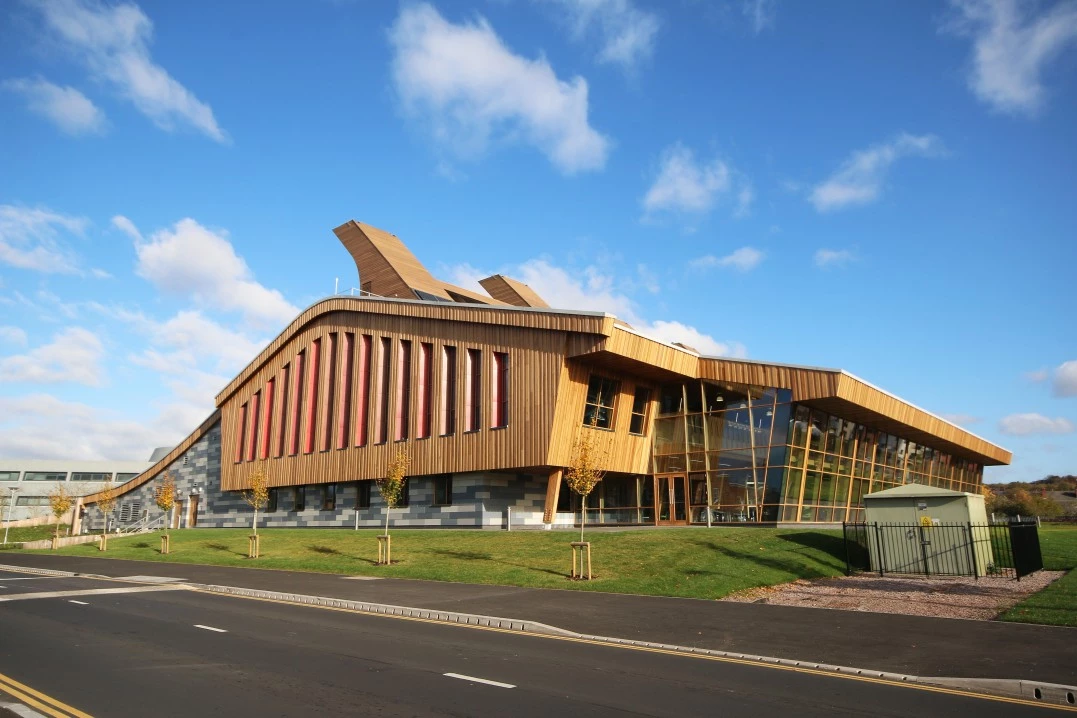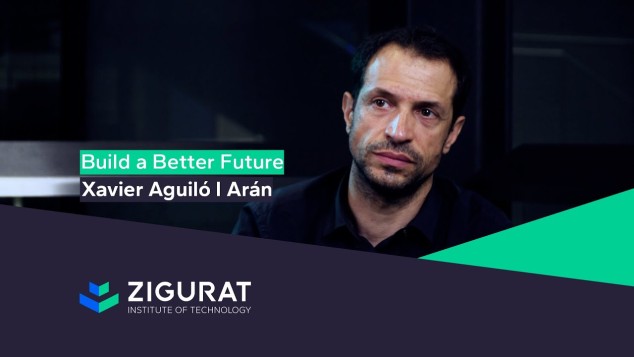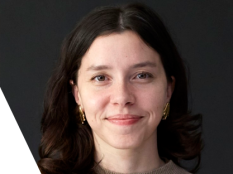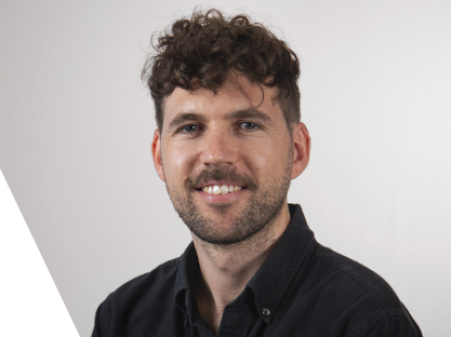
Postgraduate Programme in Sustainable Architecture and Construction
POSTGRADUATE CERTIFICATE
Build a Better Future with Our Sustainable Architecture Course
As an architect, you have the power to shape the way we live. But with the construction sector responsible for nearly 40% of annual global CO2 emissions, it's more important than ever to prioritise sustainability in your designs and processes.
This is where a sustainable architecture course comes in. In this programme, you will learn how to design Low/ZIB (Zero-Impact Buildings) through energy simulations and innovative solutions that promote the circular economy. By constructing efficient buildings, you will be directly contributing to reducing the carbon footprint of the construction sector. Furthermore, you will learn how to apply building principles, strategies, and techniques for circular economy-based design. And, not only will you be doing your part for the planet, but you will also be adding an asset to the building with energy certifications.
So why not maximise energy efficiency in buildings without increasing costs? Enrol in our sustainable architecture course today and make a positive impact on the environment and the way we live.
Academic content
16 ECTS
Module 1
Introduction
U1 | Fundamentals to sustainable buildings
Module 2
Life-carbon perspective
U1 | Reducing Embodied Carbon (REC)
U2 | Reducing Operational Carbon (ROC)
U3 | Circular Water Design
Module 3
Tools & Impact Assessment techniques
U1 | Analysis with Energy Models (Design Builder)
U2 | Life Cycle Analysis (One-click LCA)
Module 4
Sustainable Building Retrofits, Comfort and Certifications
U1 | Low carbon retrofit projects
U2 | Indoor environmental quality
U3 | Sustainability Certifications & Frameworks
Module 5
Lessons learned
U1 | Approach to holistic design
FCP
Final Course Project
The objective of the FCP is the analysis and redesign of an existing building using what has been learned in the modules to achieve a better building.
Testimonials
The ZIGURAT methodology
Active & Social Learning
Training based on participation and collaboration
Studying at ZIGURAT means expanding your professional network and having the unique opportunity to participate in selective working groups, decided on through the expertise of our professors: leaders in technological innovation and construction.
Lifelong Support
A holistic view of the professional profile
From the initial orientation to post-Master's advice, we guide you to have a critical and 360º vision of your future as an expert in the sector.
Online Experience
Interactive and flexible digital experiences
Through live sessions with industry leaders and high-quality materials on global case studies, our learning approach adapts well to the hybrid pace of today's professionals.
Admission process
Application for admission
Personal interview
Submission of documentation
Admissions Committee
Admission decision
Enrolment
Admission Request
If you wish to start the admission process, click here Admission Process.
ZIGURAT also offers financial aid plans, which 2,000 students have benefited from since we were founded. If you would like to find out more about these plans, you can do so by clicking on the link Institutional Grants.
Applications are open until the end of the available places and financial endowment of each program.
FAQ
Sustainable architecture is the practice of designing and constructing buildings in a way that minimizes the negative environmental impact of the built environment. It includes the use of green building materials and technologies, such as solar power, green roofs, and rainwater harvesting.
Yes. In this course you will choose a real-world building and evaluate it in detail throughout each of the 9 modules of the programme. You will have different evaluating criteria depending on the topic covered, so this approach will allow you to analyse the building and to think in ways to improve it in terms of sustainability, coming up with ideas adapted to that building in that particular context.
No, you don't need this knowledge to enrol in this sutainable architecture course.
Yes. This sustainable architecture course covers PassivHaus, BREEAM, LEED, DGNB, VERDE, WELL, among others.














